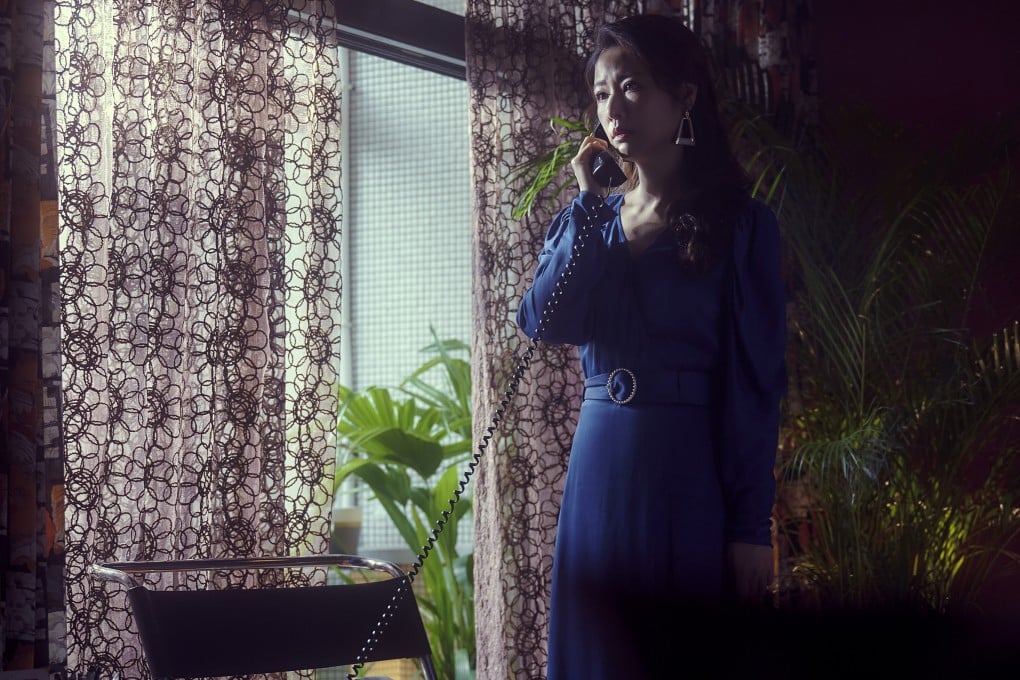Advertisement
Review | Netflix drama review: Light the Night season 3 – outstanding series wraps up with big reveal of Taipei hostess’ killer
- The series charts the tumultuous relationships between staff and patrons of a Taipei hostess bar in the lead-up to, and fallout from, a shocking murder
- In season 3 we learn who the killer is, but it’s less a whodunnit than a story of trust and betrayal. Ruby Lin and Cheryl Yang lead a uniformly excellent cast
Reading Time:3 minutes
Why you can trust SCMP

This article contains spoilers of seasons one and two of the show.
4/5 stars
“With friends like these, who needs enemies?” is the overriding sentiment in Light the Night, an enthralling 1980s-set Taiwanese drama series from Lien Yi-chi and Ryan Tu, set in Taipei’s seedy red light district.
Advertisement
Ruby Lin and Cheryl Yang are both wonderful as childhood friends who run a Japanese hostess bar, and the show charts the tumultuous relationships between the staff and its customers in the lead-up to, and fallout from, a shocking murder.
Netflix premiered the first of three eight-episode seasons of Light the Night in November, and it has now reached its climax with a series of thrilling revelations.
Advertisement
Advertisement
Select Voice
Select Speed
1.00x